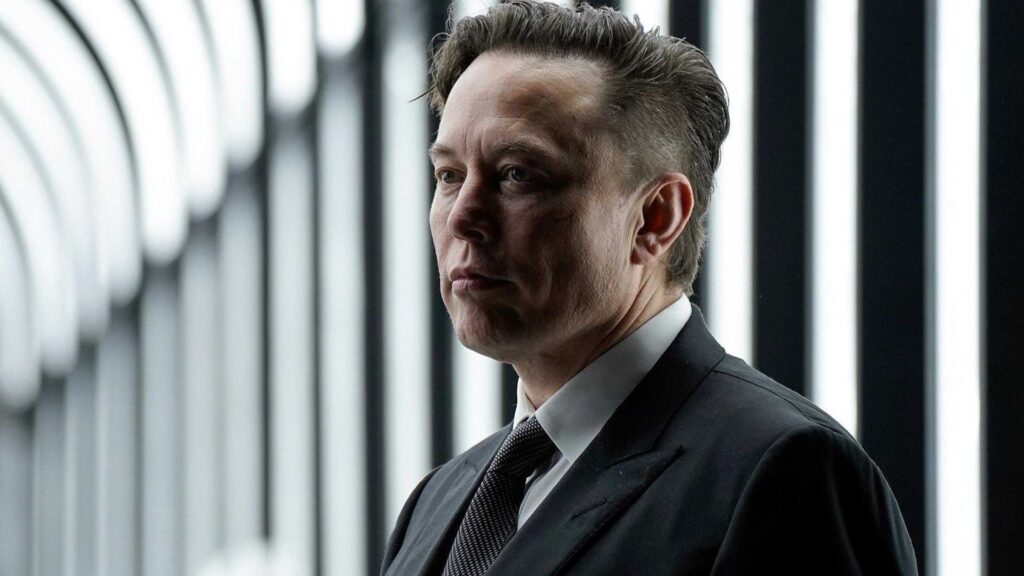The ongoing strike by the United Auto Workers against major automakers General Motors, Ford, and Stellantis has garnered attention from various industry leaders, including Tesla CEO Elon Musk. Musk took to his preferred platform, X (formerly known as Twitter), to share his thoughts on the demands made by the union workers.
In response to a user’s comment about President Biden supporting a 40 percent wage increase for UAW members, Musk criticized the union, stating that such demands could potentially drive GM, Ford, and Chrysler (now part of Stellantis) into bankruptcy. Musk’s comment highlighted the contentious nature of the negotiations between the union and the automakers.
According to reports from Automotive News, the union has adjusted its initial demand for a 40 percent pay raise to 36 percent during ongoing negotiations. Additionally, the UAW is seeking the elimination of different pay tiers for workers, a reduction in the number of temporary workers who are typically paid less, the reinstatement of defined-benefit pensions, and more time off for workers, including a proposed 32-hour work week.
The strike, which began on September 15, is a historic one as it marks the first time the UAW has simultaneously targeted Ford, GM, and Chrysler, impacting multiple manufacturing facilities across the United States. The involvement of President Biden in the strike further underscores its significance, as he became the first sitting US president to join workers on a picket line in support of their cause.
During a visit to GM’s Willow Run redistribution center near Detroit, President Biden praised the union members for their past sacrifices that helped save the auto industry during the 2008 financial crisis. He emphasized the need for workers to share in the companies’ current success and prosperity.
It is worth noting that Tesla, along with Rivian and Lucid Motors, remains non-unionized, despite previous attempts to organize workers. In 2017, there was an effort to unionize employees at Tesla’s Fremont plant in California led by the UAW, but it did not gain enough traction to proceed to a formal vote. The issue of unionization in the electric vehicle industry continues to be a point of contention and discussion among industry stakeholders.

